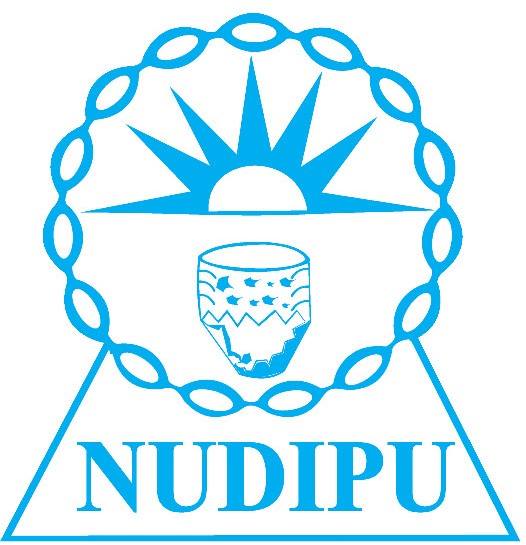
National Union of Disabled Persons of Uganda (NUDIPU)
Joined November 2017
NUDIPU currently works in 112 districts with 9 Disabled Peoples Organizations. Access to justice project works in 6 districts in Uganda. There are over 36 paralegals who work with NUDIPU Legal team.
National Union of Disabled Persons of Uganda (NUDIPU) is an umbrella organization with a vision of having dignity for every person with disability. It exists to advocate for the rights of Persons with Disabilities (PWDs) in a unified voice for improved livelihoods. This is pursued through participation in policy planning, information sharing and optimizing knowledge and skills inherent among stakeholders, capacity building, awareness enhancement and resource mobilization.
The organization derives its mandate from the full membership of 112 district Unions of persons with disabilities in the country and 9 national disabled people’s organizations (DPOs). It is mandated to promote an enabling environment for PWDs through policy advocacy, empowering its constituency, facilitating cooperation between DPOs, communities, Government, development partners, and the private sector in Uganda.
To realize its vision and mission, NUDIPU undertakes broad programmes such as Human rights advocacy which includes advocating for better service delivery from both government and non-governmental organizations, provision of legal aid to PWDs facing all sorts of injustices, influencing the enactment of disability-friendly laws, legal empowerment though awareness raising, monitoring compliance with international human rights instruments related to PWDs and empowering PWDs to demand for their rights Economic empowerment of PWDs which includes training in income generation, access to micro credit and participation of PWDs in agricultural activities. We also provide small grants to project groups where PWDs make up the majority, Capacity building which entails training PWDs in basic skills of organizational management, financial management, advocacy and conflict resolution; all this is done for groups of PWDs at the national and grassroots levels, Networking and collaboration which and HIV/AIDS activities.
